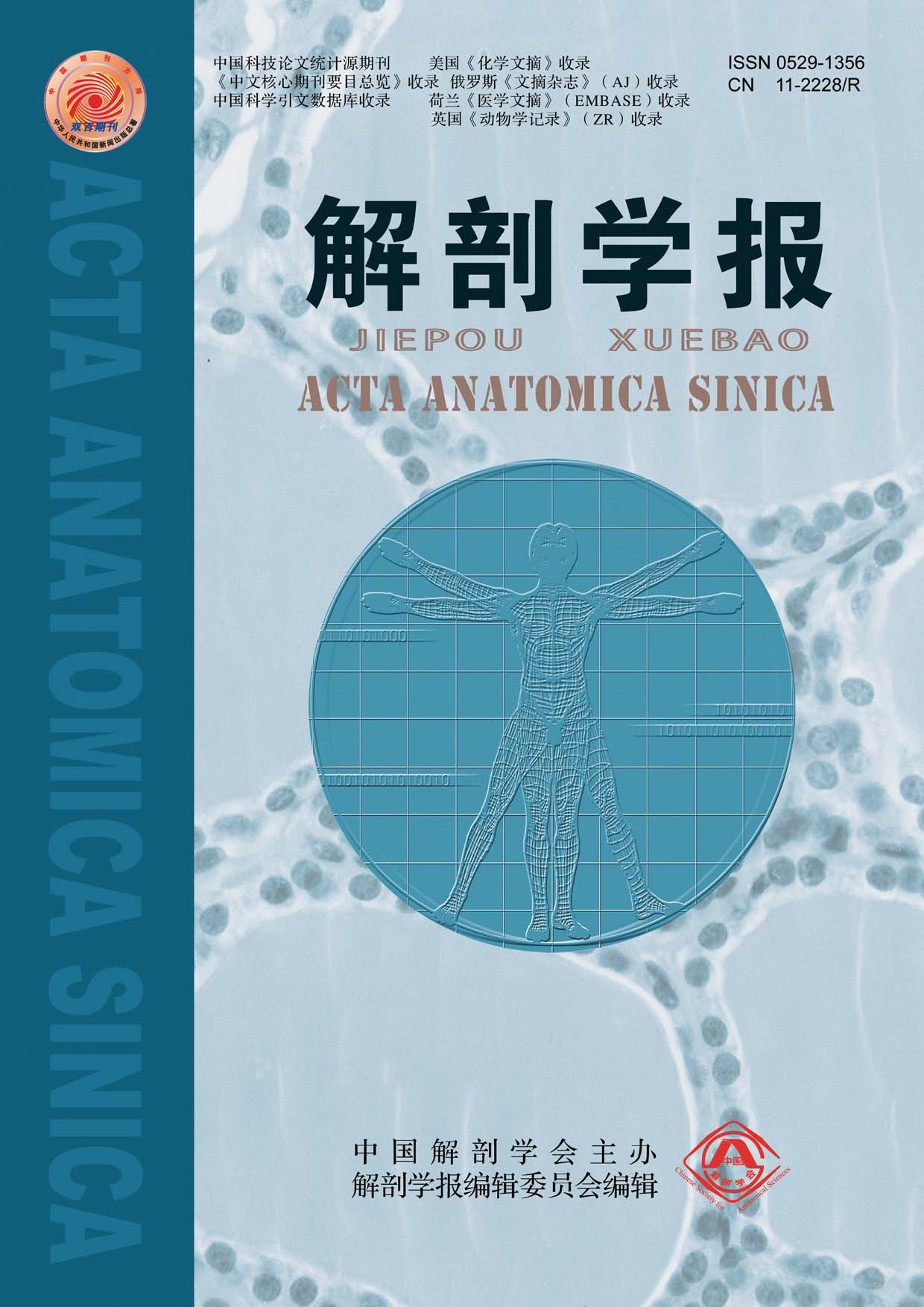Objective To study the relationship between the damage of cardiac microvascular endothelial cells by microwave radiation and endoplasmic reticulum stress. Methods Cardiac microvascular endothelial cells of the rat that were cultured 3-4 generation were divided into control and radiation groups. Of radiation groups, using 10mW/cm2,30mW/cm2,50mW/cm2 microwave radiated cardiac microvascular endothelial cells, respectively, and radiated for 6min. After radiated 24hours,cells were collected. The cells were exposed to 30mW/cm2 microwave for 6 minutes. After cultured for 1hour, 3hours or 24hours, endothelial cells were collected and the control group finished experiment at 24 hours. The annexin V-propidium iodide double staining method was used to detect apoptosis rate. The method of phalloidin staining to observe the changes of microvascular endothelial cytoskeleton was used. Westen blotting was used for detecting the protein expression of calreticulin, CHOP and GRP78. Results The doseeffect study on the apoptosis showed that, after microwave irradiation, the apoptosis rates in 10mW/cm2, 30mW/cm2, 50mW/cm2 irradiation groups were (2.34±0.15)%, (2.72±0.96)%, (2.62±0.34)% and there were significant difference (P<0.05) comparing to the control group(0.88±0.32)%. Aging studies on the apoptosis found that, at 1hour, 3hours and 24hours of post exposure to 30mW/cm2,the apoptosis rate of cells were (1.12±0.15)%, (1.49±0.54)% and (1.85±0.45)%.The control group was (1.10±0.28)%.Post irradiated 1hour group had no significant difference (P>0.05), post irradiated 3hours group and 24hours group had significant difference (P<0.05). Molecular detection of endoplasmic reticulum stress showed that, comparing with the control group, the protein expressions of CRT, GRP78 and CHOP in the 30mW group increased by 124%, 76% and 256%, respectively. In the 50mW group,the protein expressions of GRP78 and CHOP increased by 52% and 189%, respectively. Comparing with the control group, the protein expressions of CRT, GRP78 and CHOP in the 30mW and GRP78 and CHOP in the 50mW group showed significant differences (P<0.05). The protein expressions of CRT, GRP78 and CHOP in the 10mW and CRT in the 50mW group showed no significant differences (P>0.05). Cytoskeleton staining showed that, under the control conditions, endothelial cells displayed a few actin stress fibers. Exposure of endothelial cells to microwave caused a dramatic increase in the number of F-actin stress fibers. Maximal stress fiber formation occurred when endothelial cells were challenged for 3h or with 30mW microwave. Conclusion Microwave radiation can induce serious endoplasmic reticulum stress, resulting in cardiac microvascular endothelial cell damage.


